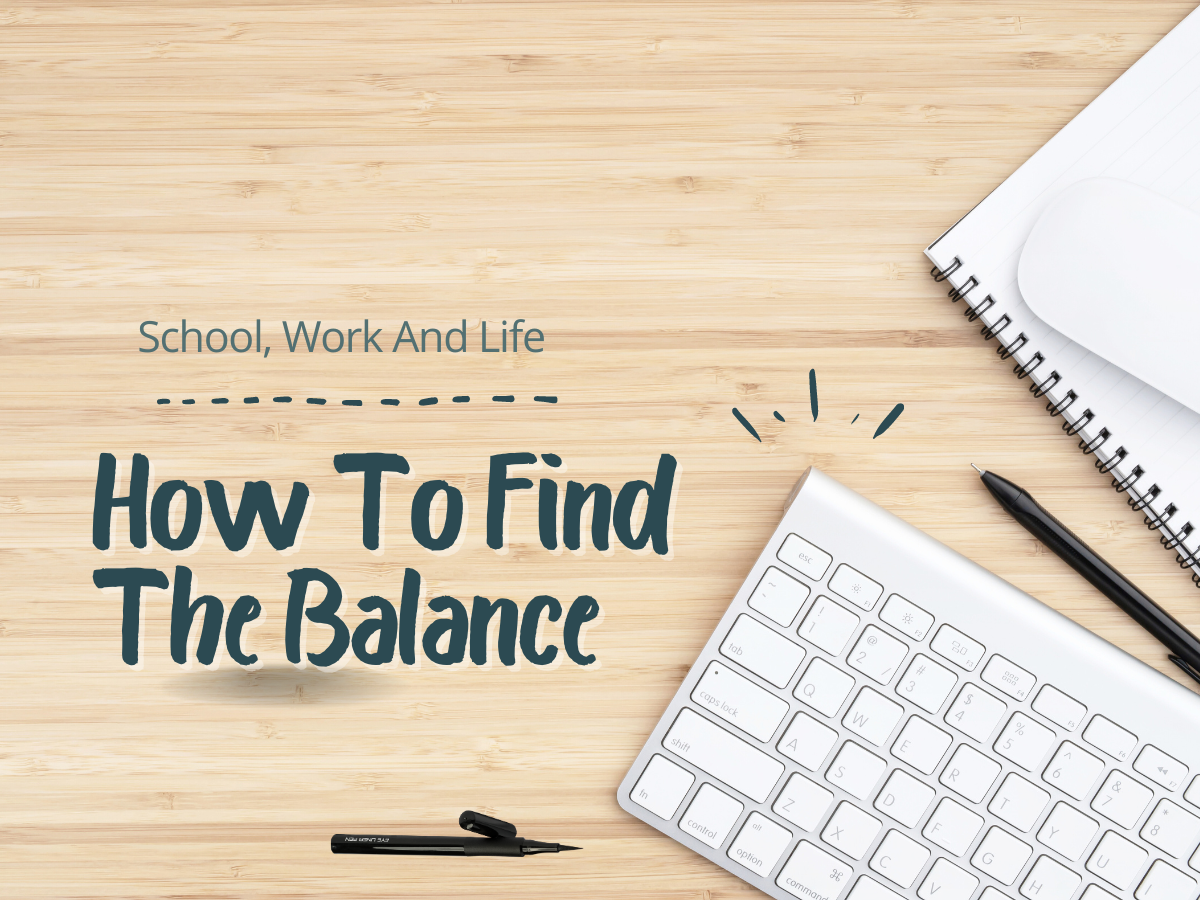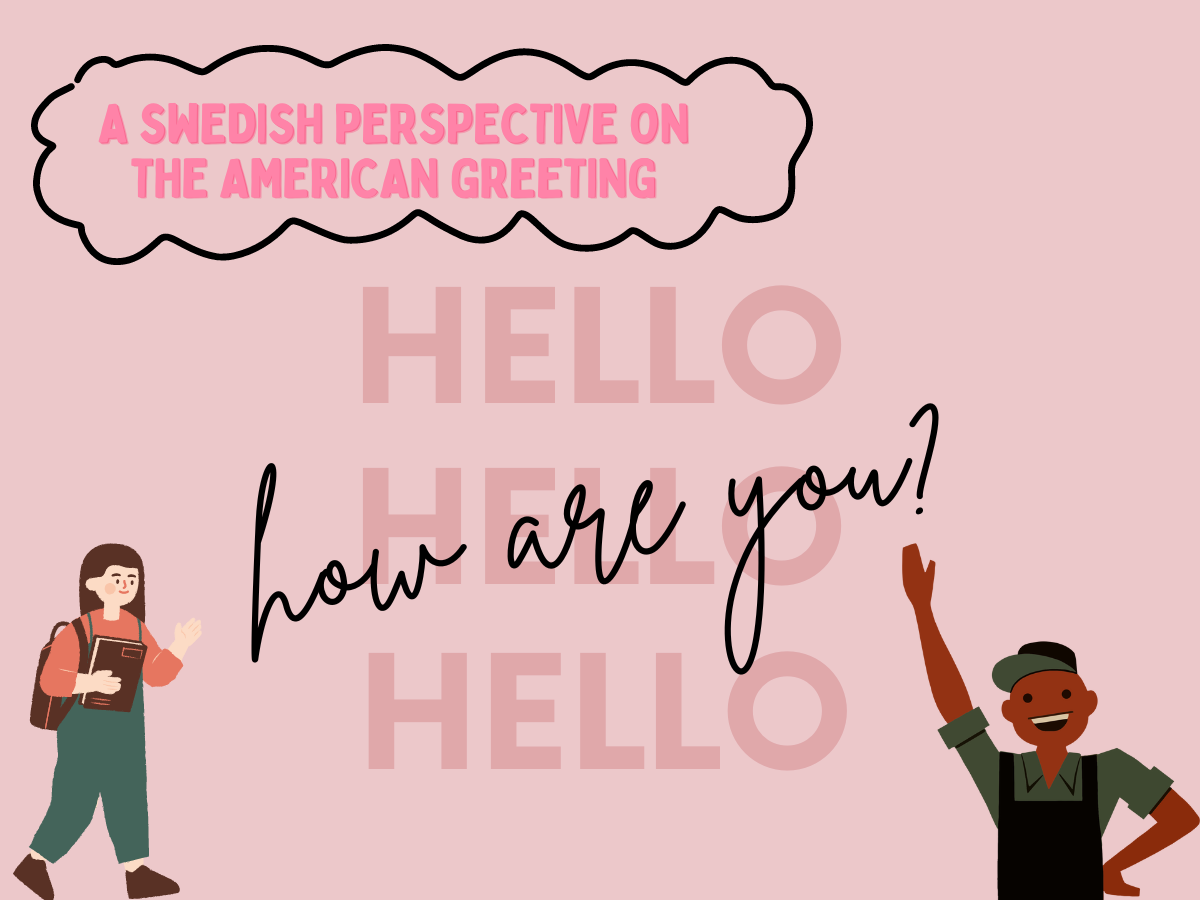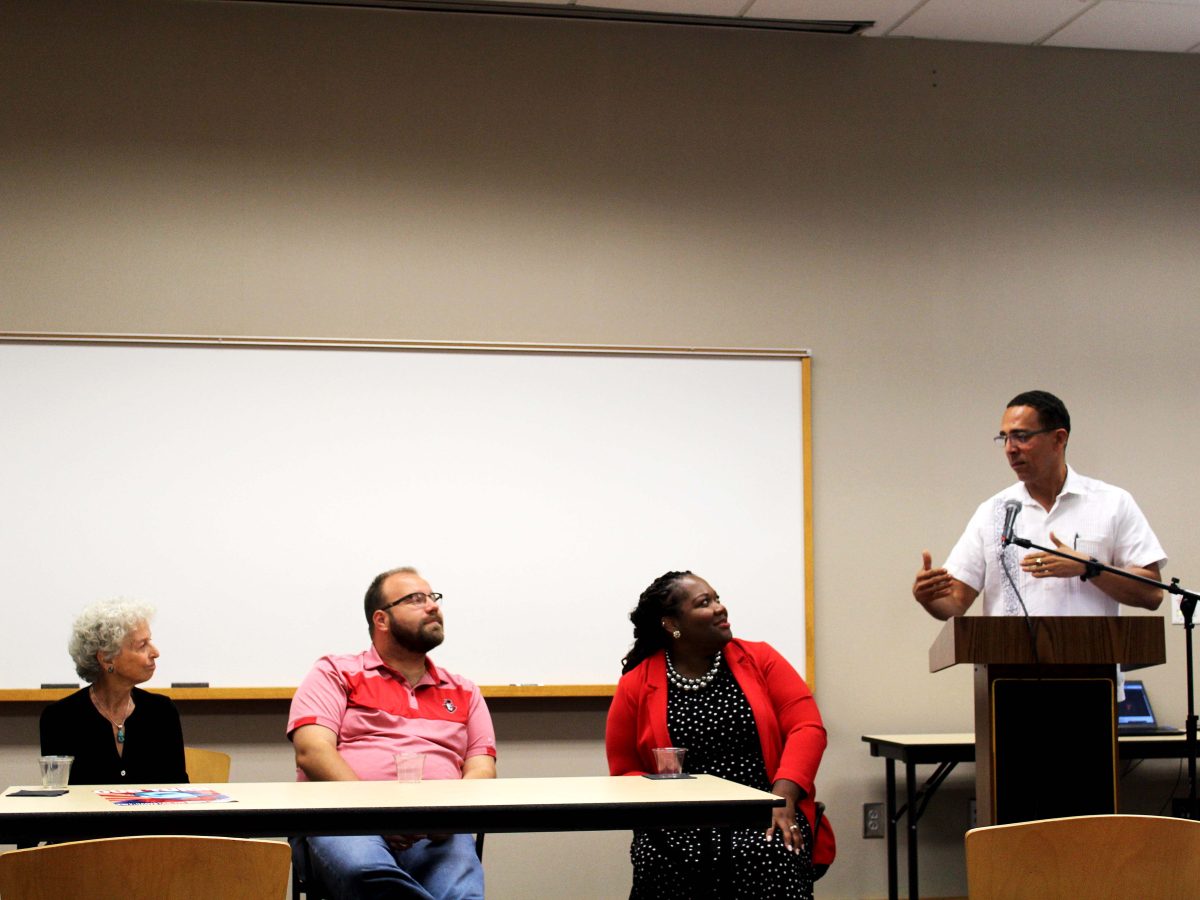All women should be feminists.
According to the Merriam-Webster Dictionary, feminism is defined as “the theory of the political, economic and social equality of the sexes.”
Today, however, different definitions of feminism have surfaced throughout society. The multiple viewpoints of what feminism is and is not leads some women to stand against the theory of feminism.
“True feminism is inclusive and intersectional, which means it recognizes, acknowledges and advocates for all — all races, all ages, all genders, all abilities, all identities, all nationalities and all socioeconomic classes,” Kelsey Adams, the secretary of APSU’S Feminist Majority Leadership Alliance said.
Feminism is not about superiority of women but equality and respect for everyone.
“It’s about making sure that every single person receives the respect they deserve, and it’s about raising awareness and educating people on how we can make that goal a reality,” Adams said.
The problem arises when women take the meaning of feminism to the extreme.
The media and people who take feminism out of context force issues pertaining to women that are not always gender inequality issues, so when a major problem does occur, women are not taken seriously. Rape is a real issue, but whether or not a guy opens a door for you is not an important problem, junior biology major Victoria Ballard said.
“When women get too big and claim all the issues under feminism, we cannot have a cohesive movement,” Jonniann Butterfield, an associate sociology professor who teaches Gender and Sexualities said.
According to Butterfield’s gender and sexualities course material, first-wave feminism focused primarily on the right to vote. Second-wave feminism was concerned with sexuality, family, the workplace, reproductive rights, the battle against violence with proposals for marital rape laws, the establishment of the rape crisis and changes in custody and divorce law.
Lastly, third-wave feminism challenged universal womanhood, body, gender, sexuality and heteronormativity.
In order for a feminist movement to be effective, women need to agree on on certain things. Too many disagreements are non-cohesive, which equals no movement. The core of feminism should reflect the rights the second wave fought for, such as equal pay, women’s rights over their body and reproductive health and workplace equity, according to Butterfield.
All women should rise up together because there is still a wage gap in pay, women live in a rape culture and many women do not have access to contraceptives.
According to The Pew Research Center, Asian women make 87 cents to a white man’s dollar, white women 82 cents, African-American women 65 cents and Hispanic women 58 cents.
The wage gap is decreasing for Asian and white women, but black and Hispanic women face great differences in pay rates.
Also, the perception of hiring a man over a woman simply because his gender is more suited for the job still exists.
Sophomore sociology major Ashley Charles said she remembers a time when a position opened up at her job for managing the cooking staff. One woman who was interviewed met all the qualifications and had prior managing experience. However, a man who had no experience received the job because the higher position was a “man’s job.”
Although some women triumphed over the glass ceiling and do not face wage inequality or discrimination in the workplace, they still need to gather around other women and fight for equality for all.
The “I am not a disgrace to women” Facebook post went viral after the massive women’s march on Jan. 21. Conley, like other women who shared her post, said “I AM a woman. I can make my own choices. I can speak and be heard. I can VOTE. I can work if I want. I can control my body. I can defend myself. I can defend my family.”
A woman is only in control of her body until someone else tries to control it, Butterfield said.
“We very much live in a rape culture,” Butterfield said.
All women no matter the age, race, economic class or location are targets for male predators who believe they have power and dominance over a woman’s body and mind.
Walking around campus at night by yourself is uncomfortable for many women because you cannot always defend yourself. Ballard said she always tries to have a male friend accompany her in those situations.
According to the National Sexual Violence Resource Center, 1 in 5 women are sexually assaulted and rape is the most under-reported crime.
The National Coalition Against Domestic Violence also states 1 in 3 women are physically abused by their intimate partner.
Another core value all women should advocate for is insured access to contraceptives, artificial methods or techniques to prevent pregnancy.
Not all feminists are personally pro-choice, but they should stand for the rights for women to have access to prevent unplanned pregnancies.
According to the Guttmacher institute, 45 percent of pregnancies were unplanned in 2011.
Three out of 10 teenage girls in America are pregnant before the age of 20, according to the non-profit organization Do Something, whose mission statement is “motivating young people to make positive change both online and off.”
Today, women live in a world with medical procedures to prevent getting pregnant. Therefore, all women should decide individually if they want to take birth control or not.
Some employers who provide comprehensive health insurance benefits refuse to provide benefits benefits for certain contraception and reproductive health services, according to the Center for Reproductive Rights.
Birth control needs to be an insured access because contraception goes beyond preventing birth.
According to WebMD, other uses for birth control include stopping menstrual and hormonal problems and skin and hair deficiencies.
Together, women need to assemble under one body of feminists and fight for these core values.
One way to advocate for women’s justices is to participate in the Feminist Majority Leadership Alliance (FMLA) events. The organization’s events focus on core issues such as domestic violence and sexual assault.
“In October and February, FMLA works with the Women’s and Gender Studies department and the Gay-Straight Alliance to exhibit The Clothesline Project, a display of T-shirts that share testimony and bear witness to the victims and survivors of sexual assault and domestic violence,” Adams said.
During the spring semester, FMLA will hold a benefit performance of “The Vagina Monologues” to raise awareness and funds to help the women and girls affected by sexual violence. This year, the performance is part of a campus-wide effort to help raise $20,000 for the Clarksville Sexual Assault Center.







